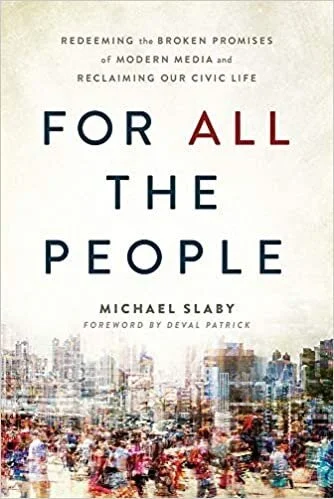
Thriving While Trans: Navigating the Workplace in an Election Year
Navigating the workplace as a transgender employee is tough—especially during an election year. In our latest blog, we explore the personal journey of Paula Stone Williams and how political climates impact trans workers.

Politically Speaking: Big Ideas, Not Big Price Tags
Looking to bring fresh, insightful perspectives on politics and policy to your next event without stretching your budget? Meet Ellen Gustafson, Natalia Petrzela, and Brad Jenkins—three dynamic speakers who blend deep expertise with engaging storytelling.

Speaker Books Releasing in 2021 For Your Author-focused Events!
Be sure to add the book titles to your list. You’ll learn something new about civics and tech, business strategy and financial empowerment, gender and inclusion, and anti-racism for our youth. Our authored speakers are available for speaking engagements centered around the themes and ideas within their original works.
